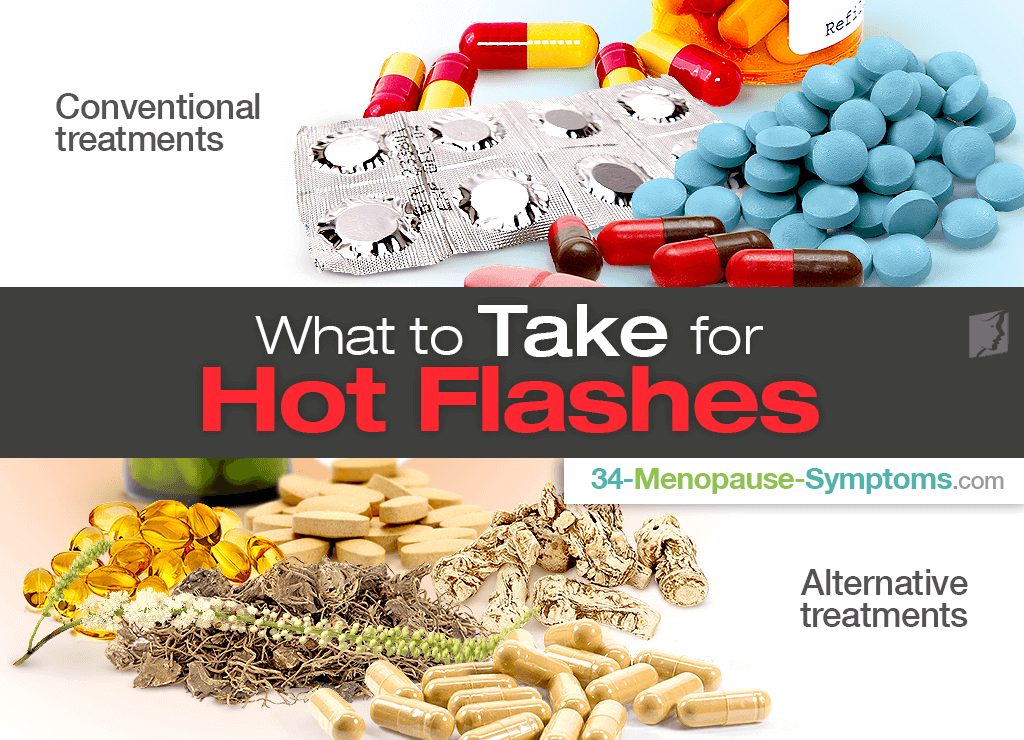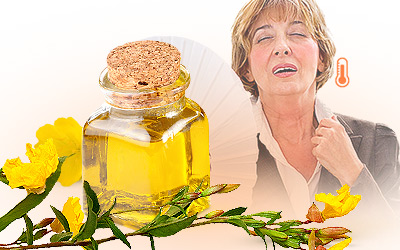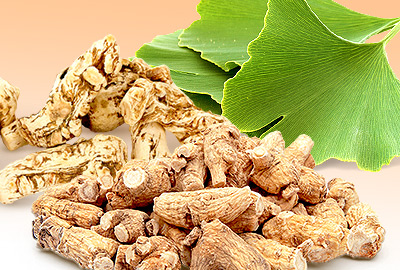As one of the most infamous menopause symptoms, hot flashes, also known as hot flushes, can bring misery to women's lives for months on end, leaving them desperate to find any sort of reprieve from the sudden sensations of heat swallowing their bodies.
Continue reading to find out what you can take for hot flashes to finally find relief from these life-disrupting episodes.
Conventional Treatments
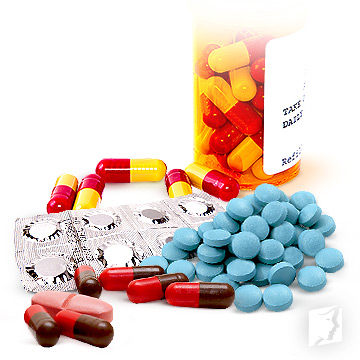
What to take for hot flashes often starts with a prescription from the doctor. Many women look for relief in the following:
Hormone therapy. Estrogen is the primary hormone used by women pursuing hormone replacement therapy (HRT). HRT brings relief from not only hot flashes, but other menopause symptoms as well, like mood swings, vaginal dryness, depression, night sweats, and more. Use HRT wisely as it has been linked with serious side effects, such as breast and uterine cancer and blood clots.
Antidepressants. For women who can't or would rather not introduce outside hormones into their bodies for hot flash alleviation, low-dose antidepressants have been used to treat mild hot flash episodes. Common ones used are paroxetine, venlafaxine, and fluoxetine. Possible side effects include sexual dysfunction, weight gain, dizziness, and nausea.
Anti-seizure medications. Anti-seizure medications, like gabapentin, are also implemented by those suffering from mild hot flash attacks. They may cause side effects of headaches, dizziness, and drowsiness. For other problematic symptoms of menopause, anti-seizure medications may need to be paired with another treatment option.
High blood pressure medications. Medications for high blood pressure, such as as clonidine, are used to treat hot flashes in some women. Since they don't contain hormones, those with a history of breast cancer can use them safely. However, they can cause side effects of constipation, dry mouth, dizziness, and drowsiness.
However, while these pharmaceutical options can bring quick results, they do not come without side effects, leaving women in search of more natural options.
Alternative Treatments
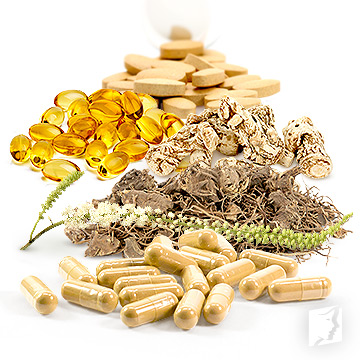
Alternative treatments are also viable options concerning what you can take for hot flashes. The following are the most popularly chosen:
Phytoestrogenic herbal supplements. These supplements, like black cohosh and dong quai, contain more potent concentrations of phytoestrogens, plant-based estrogens that work as the endogenous hormone in the body, thus increasing estrogen levels to eliminate hot flashes. Be careful as their long-term use may program your body to produce less of its own hormones.
Vitamin E supplements. Vitamin E has been praised for years as one of the most effective vitamin treatments for hot flashes, and research studies have the evidence to back it up. Work on a healthy vitamin regimen with your trusted healthcare professional to avoid excessive consumption.
Hormone-regulating supplements. These options, including Macafem, nourish the endocrine and pituitary glands to produce more of their own hormones, thus bringing women relief from hot flashes and other pesky menopause symptoms. Because they do not introduce outside hormones into the body, they can be considered one of the safest options for long-term use.
Learn more about the variety of natural hot flash treatments available to you so you can take charge of your reproductive well-being today.
Sources
- American College of Cardiology. (2012). Clonidine for Treating Hot Flashes. Retrieved January 22, 2019, from https://www.cardiosmart.org/healthwise/tn95/26/tn9526v
- Mayo Clinic. (2018). Hot flashes: Diagnosis & treatment. Retrieved January 22, 2019, from https://www.mayoclinic.org/diseases-conditions/hot-flashes/diagnosis-treatment/drc-20352795
- Ziaei, S. et al. (2007). The effect of vitamin E on hot flashes in menopausal women. Gynecologic and Obstetric Investigation, 64(4), 204-207. doi: 10.1159/000106491

